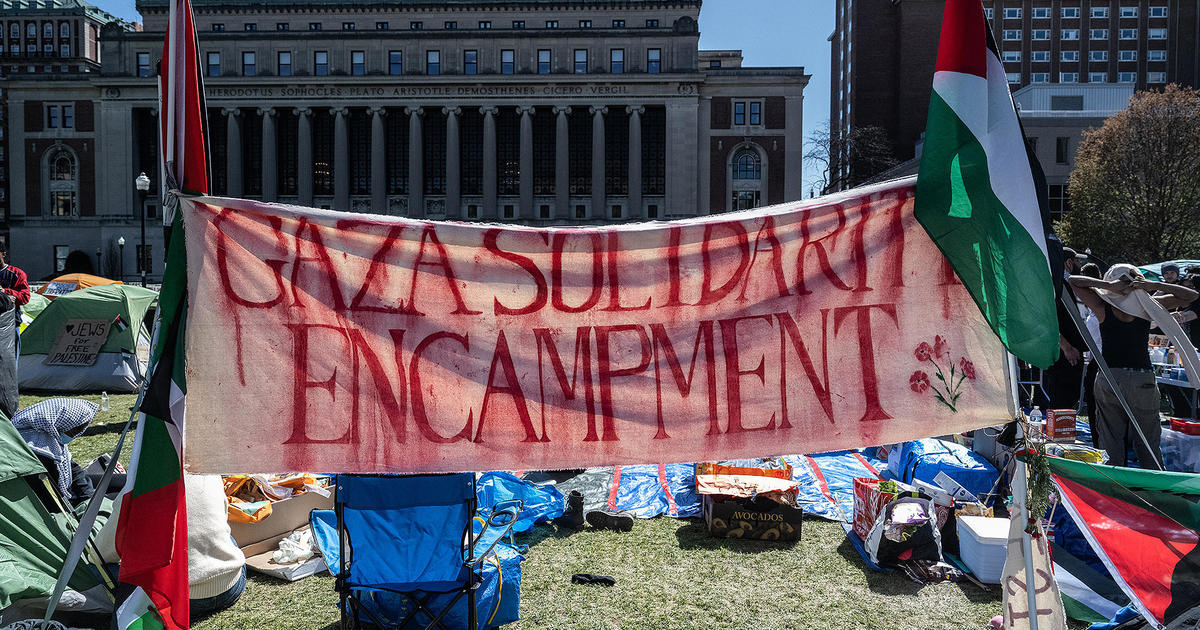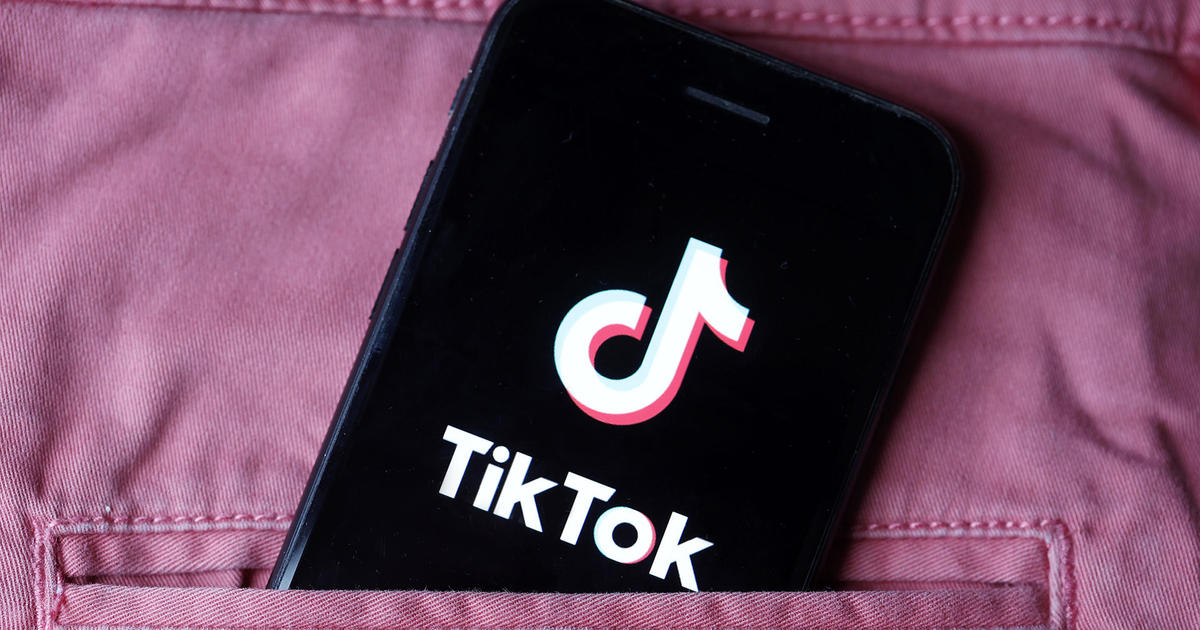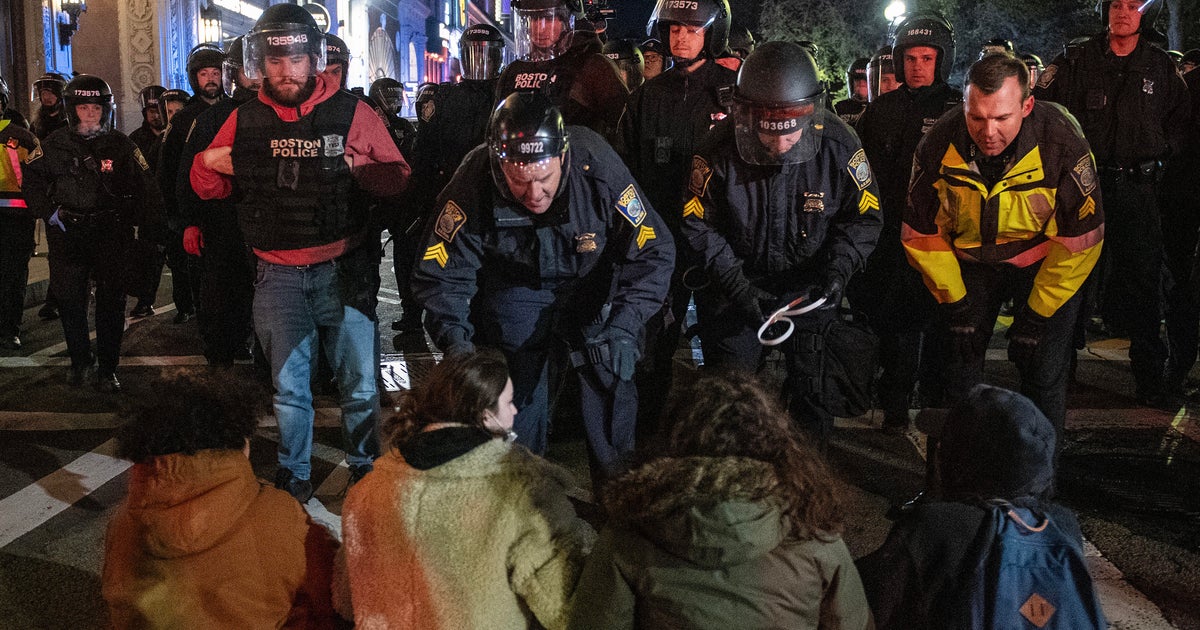Keller @ Large: What The 'Grand Bargain' Means For Small Businesses
BOSTON (CBS) -- President of the Retailers Association of Massachusetts Jon Hurst joined Jon Keller on Sunday to highlight life as a small business owner in Massachusetts.
A few weeks prior, Steven Tolman, president of the Massachusetts AFL-CIO recently expressed his disapproval of the 'Grand Bargain' to Jon Keller. He argued that it was unfair to cut overtime pay for Sundays and holidays.
Hurst said he was not completely happy about the bill either, because "a bargain is about compromising. And frankly, if you look at the three silos of what we started with: the sales tax cut, the $15 minimum wage, and a paid family and medical leave proposal -- those bound for the ballot -- really, the organized labor, the healthcare unions, the public sector unions, they got a lot more than the business community did."
He continued, "What we were doing was just trying to mitigate the high costs for small businesses of that $15 minimum wage, highest in the country, that paid family leave, the most generous and costly and red tape-laden in the entire country. We at least mitigated what was going to be a likely passage of those measures on the ballot."
In the digital age, Hurst says a customer can send their money anywhere in the world, right from their couch. Therefore, Beacon Hill has to actively help keep costs down for small businesses so they can remain competitive.
"We have a lot of small businesses, due in large measure to this $15 minimum wage and this new paid family leave proposal and high energy and high healthcare costs. They're saying 'we're angry and we're also fearful about the future because our sales are not increasing of that competition," said Hurst.
Having voters decide on policies, such as minimum wage or sales taxes, on a ballot is something lawmakers would often like to avoid. Hurst says he is willing to use that knowledge to his advantage.
"I think the business community is going to have to go forward with, like what we had with the sales tax, and have some leverage, something that the left will not like. Something that protects the taxpayer and gets these guys thinking a little bit, 'well maybe we need to bargain with these guys,'" said Hurst.
When Keller asked for an example, Hurst responded with "maybe it's something to cut back on tax expenditures."
Hurst stressed that small businesses are in for a tough fight in Massachusetts. "We're losing a lot of fronts, Jon. These costs, again, when you have the highest payroll costs in the nation, highest energy costs, highest small business health care costs, you know, this is not rosy at all. The economy is good. Yet, we all know economic cycles change and when the economic cycle starts dropping and these costs continue to rise, far higher than the rate of inflation, we've got a problem on Main Street."
Payroll costs are Hurst's largest concern. "What we don't really fully grasp is the fact that a lot of these state initiatives, these requirements passed by state lawmakers and on the ballot, they affect a local brick-and-mortar store or other small business but they exempt these online competitors. We've got to start realizing that and stop putting our local businesses at a disadvantage."



